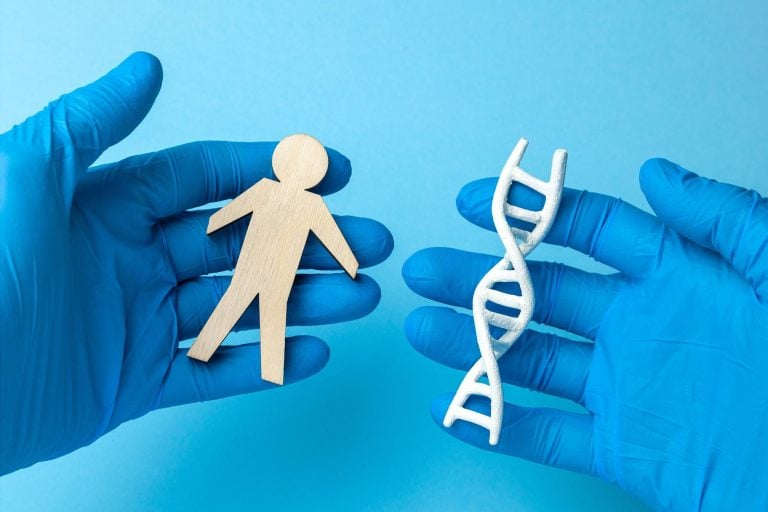A groundbreaking study reveals that genome sequencing in newborn screening outperforms traditional methods, detecting a broader range of treatable genetic diseases. This breakthrough has the potential to transform children’s medical care.
The GUARDIAN Study: A Game-Changer in Newborn Screening
The GUARDIAN study, one of the first large-scale projects to utilize genome sequencing for newborns, shows promising results. Early findings indicate that DNA analysis detects significantly more preventable or treatable serious health conditions than traditional screening methods.
Key Findings:
- Genome sequencing identified 120 babies (3%) with serious health conditions, whereas standard screening only identified 10.
- One child received a lifesaving bone marrow transplant due to early detection of a rare gene variant.
- Most parents preferred genome sequencing over traditional methods.
Expert Insights:
“Genome sequencing can radically improve children’s medical care… It should be instituted as the next standard for newborn screening.” – Joshua Milner, Professor of Pediatrics, Columbia University
“Genomic technology can diagnose diseases at birth, eliminating diagnostic odysseys.” – Wendy Chung, Principal Investigator, Harvard Medical School
How Genome Sequencing Works:
- Analyzes a newborn’s DNA for hundreds of specific gene variants.
- Detects thousands of genetic diseases, far exceeding the 60 disorders identified through standard screening.
The Future of Newborn Screening:
- Expanded screening panels to include more genetic diseases.
- Increased accessibility and affordability of genome sequencing.
- Potential to detect rare and treatable conditions.
Impact on Public Health:
- Newborn screening is a great equalizer of healthcare, ensuring all babies have the same chance at a healthy life.
- Genome sequencing can prevent diagnostic odysseys and improve health outcomes.
Conclusion:
Genome sequencing is poised to revolutionize newborn screening, offering hope for early detection and treatment of genetic diseases. As technology advances, we can expect improved healthcare outcomes for children worldwide.
Share Your Thoughts:
How do you think genome sequencing will impact newborn screening? What are the potential benefits and challenges?
Related Articles:
- The Future of Genetic Medicine: Advances in Genome Sequencing
- Newborn Screening: A Public Health Success Story
- Precision Medicine: Tailoring Healthcare to Individual Needs

















